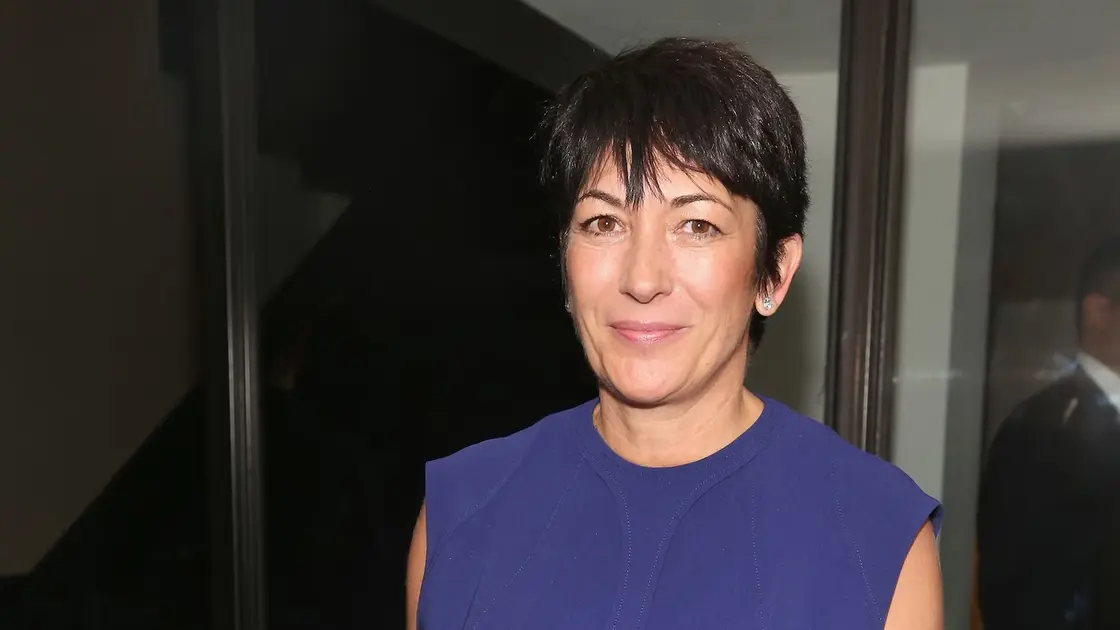T4K3.news
DOJ declines prosecution for USRA and Liberty Mutual
The Justice Department chose not to prosecute two cases after voluntary disclosures and cooperation, signaling a shift toward accountability through internal action.
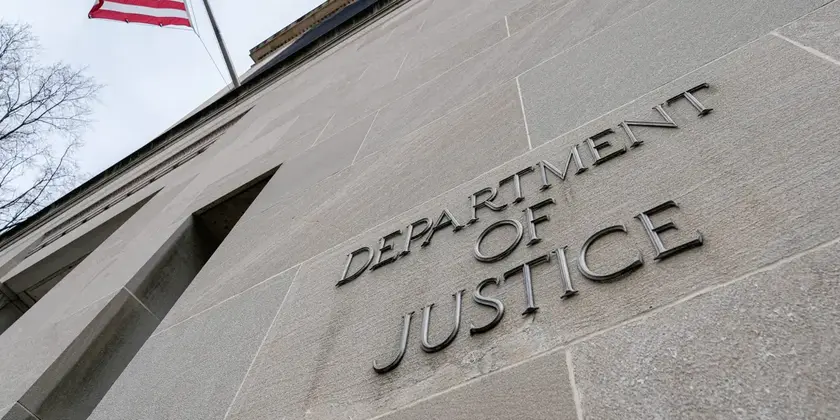
An examination of how two companies avoided prosecution through voluntary disclosure and cooperation with the DOJ
DOJ Declines Prosecution for USRA and Liberty Mutual
Under the Trump era the Justice Department signaled it did not want to prosecute corporations and public statements highlighted voluntary cooperation as a path to avoid charges. The University Space Research Association received a declination letter in April after disclosing a scheme in which an employee sold sensitive aviation software to a Chinese university. The employee, Jonathan Soong, later pleaded guilty and was sentenced to 20 months in prison. USRA reimbursed funds and cooperated with investigators, a posture the government noted as decisive.
Declination letters remain rare and by 2024 the department issued only five such letters. The other widely reported case was Liberty Mutual, where the insurer disclosed that some employees bribed public officials in India and returned 4.7 million in ill-gotten profits. DOJ officials credited proactive cooperation and suggested the new policy manual and a general push toward voluntary self disclosure may shape corporate behavior.
Key Takeaways
"There was no hesitancy whatsoever about it."
Ervin describing USRA's decision to self-disclose
"What the company did next after we discovered this made all the difference in the government's decision not to prosecute it."
Ervin on the impact of internal actions
"The USRA had nothing to hide."
Ervin on the company's posture during the investigation
"This policy also encourages companies to invest in compliance programs, which helps deter misconduct from happening in the first place and detect it when it does occur, all of which benefits the American public."
Galeotti on policy impact
This pattern signals a shift in how accountability is pursued in white collar cases. Cooperation is not a free pass, but a factor that can greatly influence outcomes when a company acts quickly, discloses full facts, and takes corrective steps. Yet the approach also raises questions about consistency and the potential for political calculation to shape prosecutions rather than the facts alone.
For boards and managers, the lesson is clear: invest in robust compliance programs, document internal investigations, and be prepared for transparent disclosures when misconduct emerges. The DOJ policy emphasis on self-disclosure is likely to affect how executives assess risk and respond to misconduct.
Highlights
- Self-disclosure is a shield and a signal
- Cooperation can rewrite a company fate
- Accountability in action changes outcomes
- Swift fixes beat a long legal storm
Political and legal sensitivity around DOJ declinations
The story touches federal policy and potential political backlash over how corporations avoid prosecutions, raising concerns about accountability, transparency, and consistency of DOJ decisions.
The road to accountability in corporate crime is evolving, rewarding openness while still demanding real reforms.
Enjoyed this? Let your friends know!
Related News
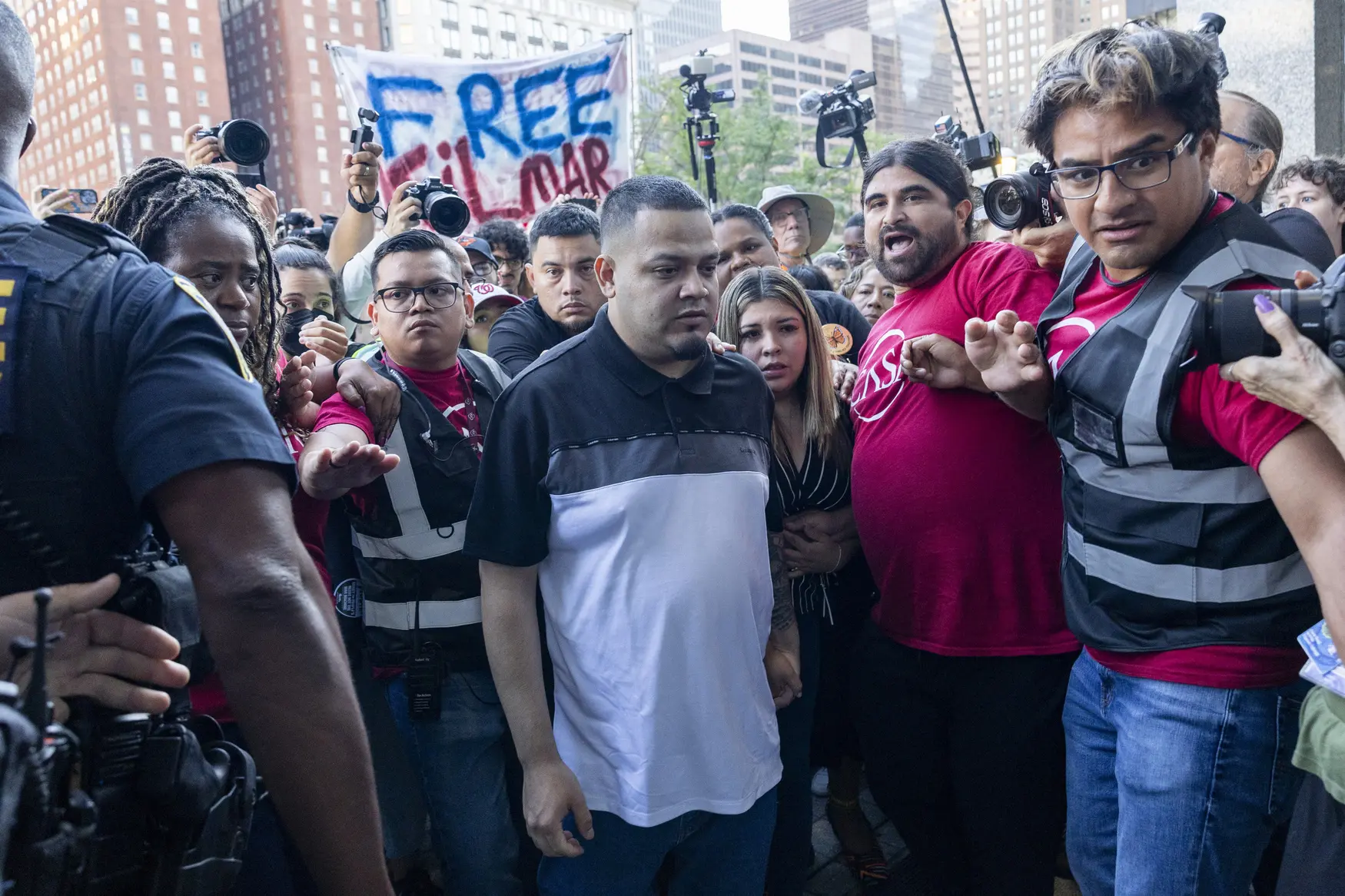
Judge blocks Kilmar Abrego Garcia deportation

Maxwell transcript finds no incriminating information in meetings with deputy AG

Maxwell interview yields no incriminating leads

DOJ Indictment Bid Faces Setback in DC Sandwich Incident

US government pressures immigrant to plead guilty under deportation threat
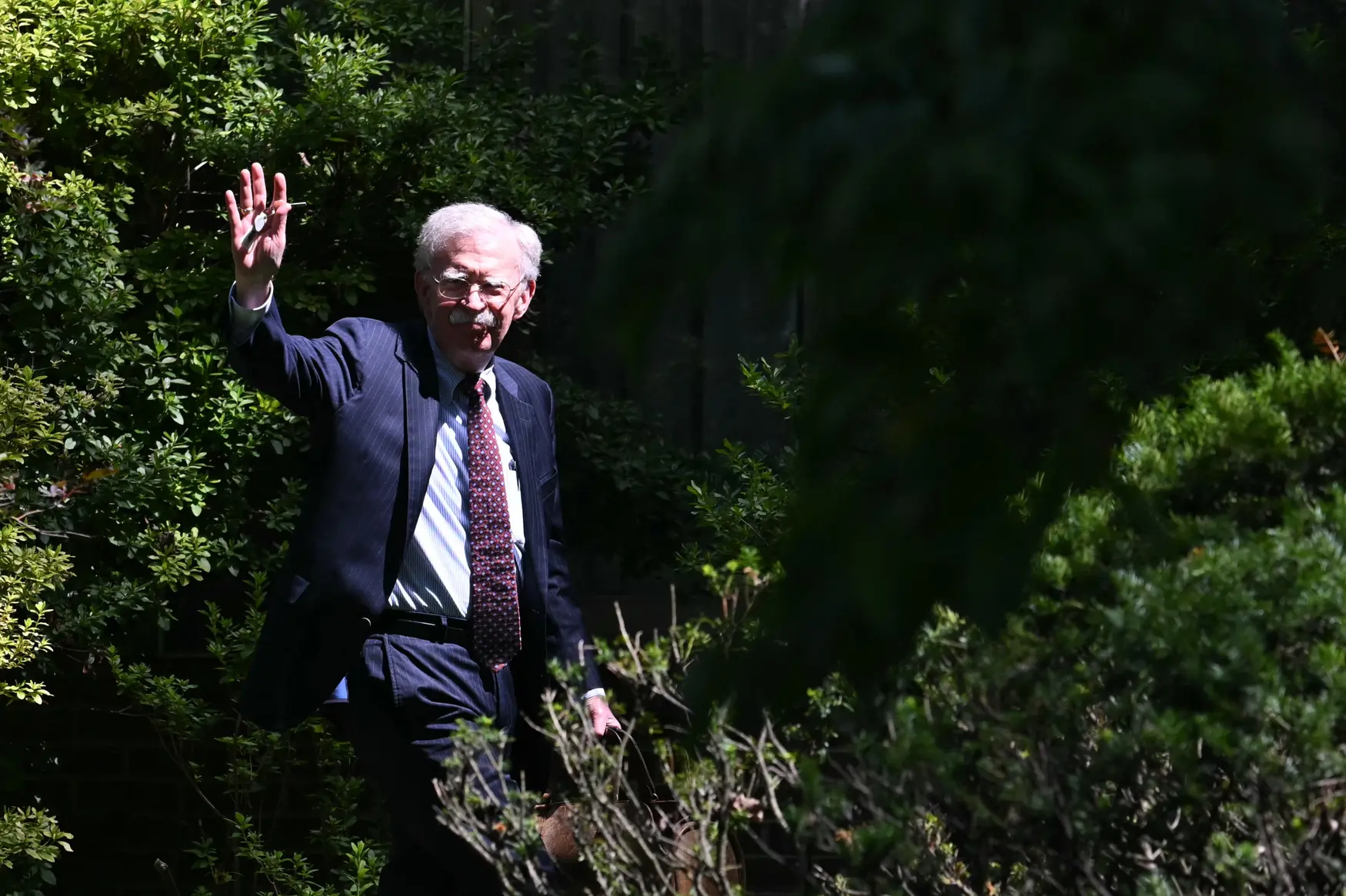
Bolton FBI raid tests line
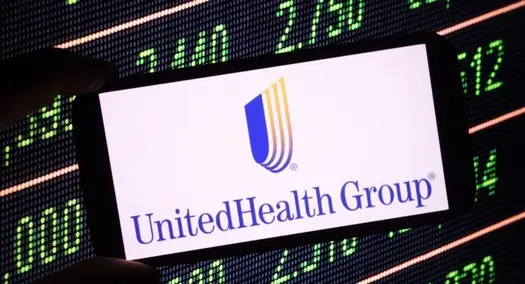
UnitedHealth stock plunges over 56%
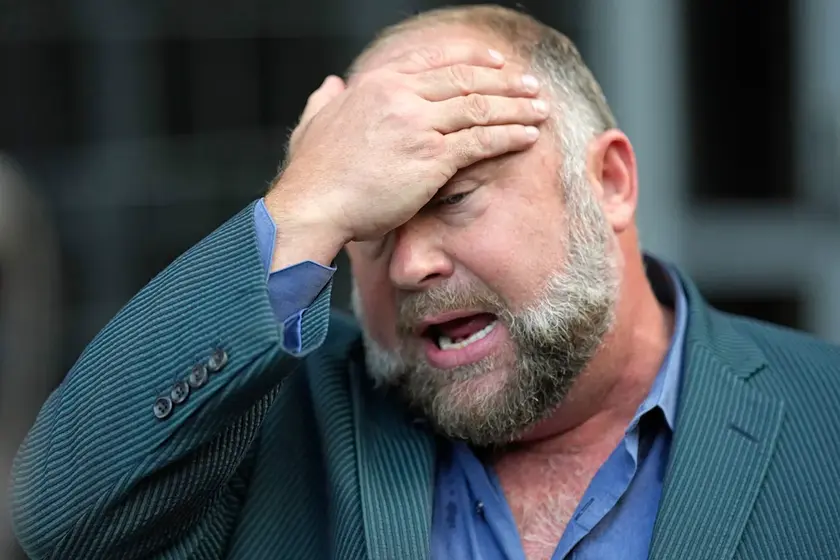
MAGA World Encounters the Limits of Political Retribution
